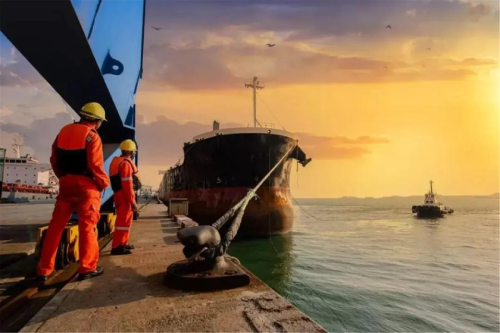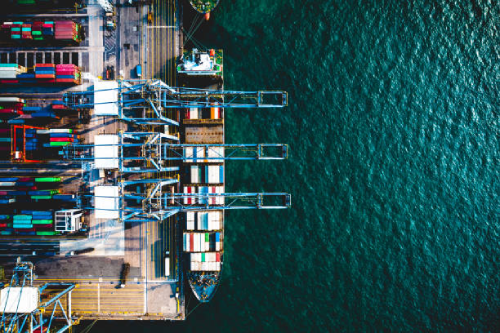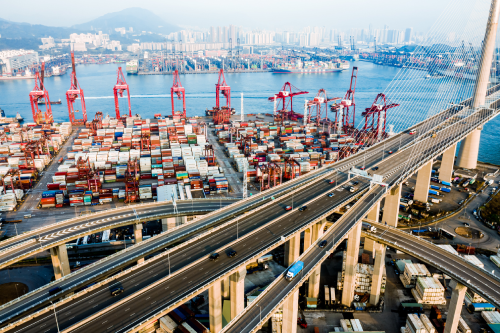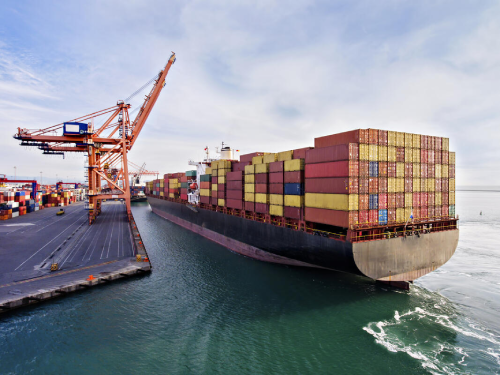Time:2021-04-19 Publisher:Kevin Num:8569

California truck drivers strike
Recently, strikes of varying degrees have taken place in many ports in North America, initially organized by port truck drivers.
On April 12, port truck drivers in California, the United States, began a large-scale strike, including drivers who had been fired. The target of this strike action is a company called Universal Logistics Holdings, or ULH for short.
This strike occurred mainly because ULH violated the federal labor law and exploited the interests of truck drivers. For example, illegal dismissal of truck drivers, refusal to pay back wages, etc.

Workers strike at the port of Montreal, Canada
After that, the United States' leading country-Canada also began to have port workers who began to strike, that is, the Port of Montreal. The wharf started on Wednesday, and some workers went on strike.
According to local media reports, 1,150 workers at the terminal began to refuse to work overtime from Monday to Friday and did not go to work on weekends.
The Quebec Transport Association called on the Canadian federal government to intervene to ensure that the port's work can continue. At present, affected by the wave of strikes, many goods have begun to diverted to other ports. Even when they arrive at the Port of Montreal, the quantity of goods is much smaller than before. The port's production capacity is expected to drop by 30%.

Congestion in European and American ports continues
Due to the blockage of the Suez Canal that occurred two weeks ago, many of the trapped ships are destined for Europe and the east coast of North America.
It is expected that global shipping will face a certain impact in a short time.
In recent months, major European and American ports are still dealing with severe congestion. There is still no effective improvement.
The data shows that the number of queuing ships outside Los Angeles/Long Beach has only slightly decreased, as 23 ships are waiting (in fact, on April 12, the number of container ships anchored in San Pedro Bay where the Port of Los Angeles Long Beach is located was 25, as shown in the figure below ), but the number of queuing ships in Oakland is now even more than that in the Port of Los Angeles/Long Beach.
The east coast looks okay, except for Savannah, the number of queued ships in other ports is slowly decreasing.
Due to a surge in imports and a severe shortage of drivers, trucks in certain markets are severely restricted. The truck booking time needs to be greatly advanced.

In general, the current situation in European and American ports is still relatively severe.



